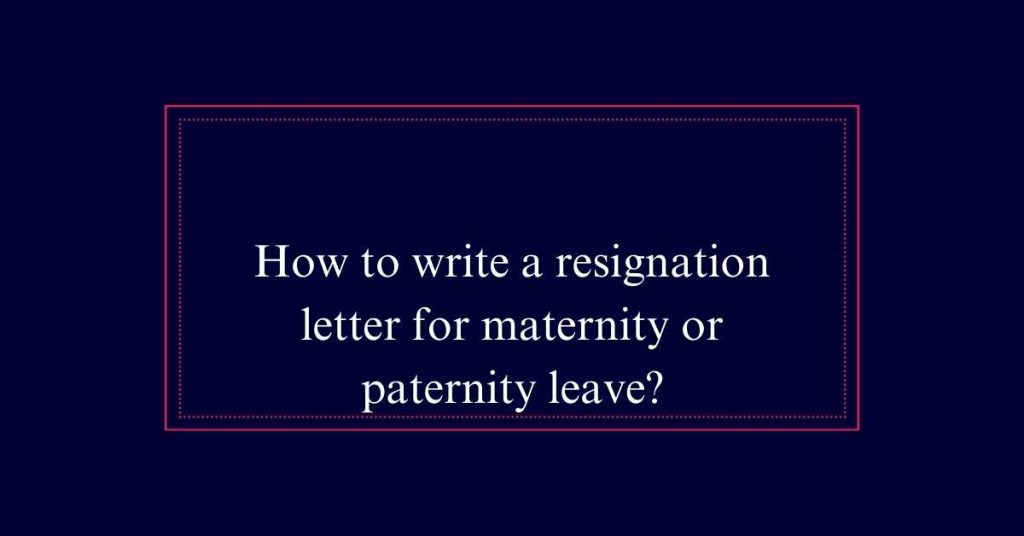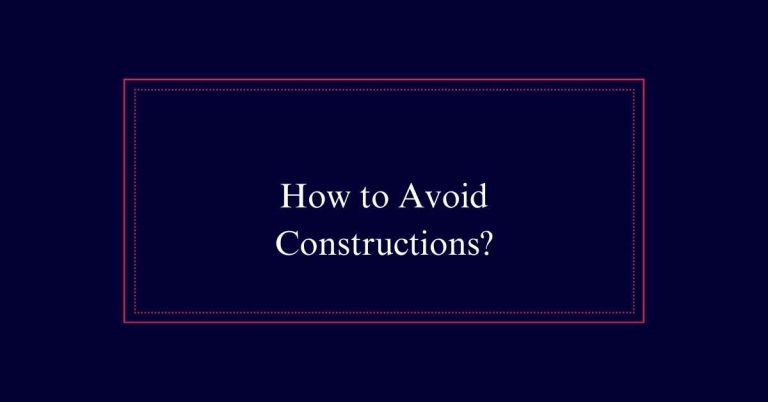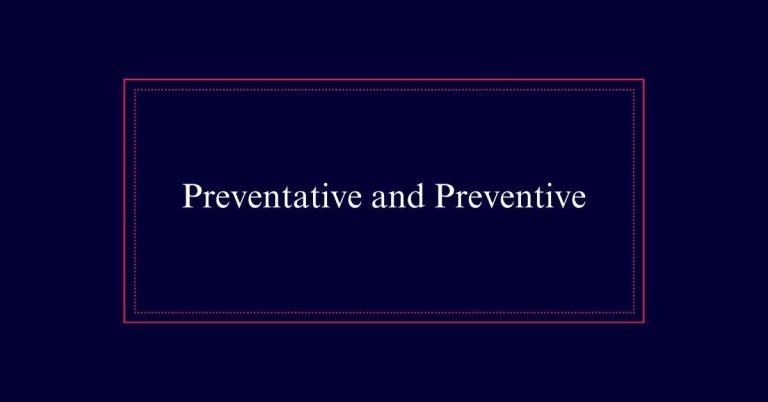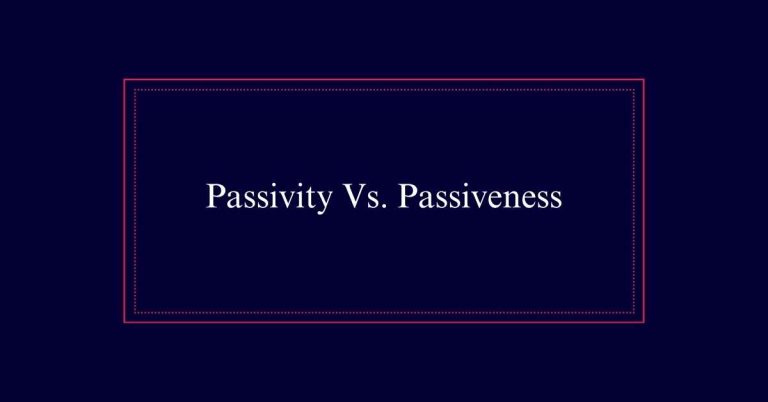How to write a resignation letter for maternity or paternity leave?
To write a resignation letter for maternity or paternity leave, start by using a formal business format. Begin with your contact information, the date, and your supervisor’s details. Clearly state your intention to resign due to parental leave and mention your last working day. Express gratitude for the opportunities you had and offer help in transitioning your duties.
Keep your message clear and professional to avoid misunderstandings. Send your notice 1-3 months before your planned leave to give your employer enough time to find a replacement. Check company policies to make sure you’re following all requirements.
Importance of a Resignation Letter
Drafting a resignation letter is important because it formally informs your employer of your decision to leave. It serves as an official record of your intent to resign, helping to avoid misunderstandings.
Your letter also sets the stage for a smooth handover, giving your employer time to plan and find a replacement. By being clear and professional, you maintain a positive relationship with your employer, which can be helpful for future references or networking.
Including your last working day and offering to help with the handover shows your commitment to leaving on good terms. Remember, a well-crafted resignation letter reflects your professionalism and respect for the company.
Timing Your Resignation Notice
When planning your resignation notice, timing is crucial to guarantee a seamless handover and avoid legal issues. Notify your employer 1-3 months before your planned parental leave. This gives them time to prepare and find a replacement.
If you decide to resign during your leave, give 2-4 weeks’ notice before it ends. This safeguards a smooth handoff and maintains professionalism.
Early communication helps your employer plan effectively. It also shows respect for your colleagues who may need to take over your duties. Be mindful of company policies and legal requirements regarding notice periods. Failing to adhere to these can lead to complications.

Proper timing of your resignation notice ensures a positive exit and maintains good relations with your employer.
Business Format Essentials
To write a resignation letter for parental leave, you need to follow a standard business format. Start with your contact information at the top, followed by the date. Below that, include the recipient’s name, their title, and the company’s address.
Begin your letter with a formal salutation, like ‘Dear [Manager’s Name].’ In the body, clearly state your intention to resign and mention your last working day. Keep your tone respectful and professional, and offer to help with the handover.
End with a polite closing, such as ‘Sincerely,’ and then sign your name.
Don’t forget to proofread for any errors before sending it. Following this format ensures your resignation is clear and professional.
Stating Your Reason
After setting up your letter in a proper business format, it’s important to clearly state that you’re resigning due to parental leave. Be direct and concise. Mention your reason for leaving right after your salutation. This helps avoid any confusion and guarantees your message is clear.
Here’s how to structure this part of your letter:
| Step | Example Text | Tips |
|---|---|---|
| Salutation | ‘Dear [Manager’s Name],’ | Use a formal greeting |
| Statement | ‘I am writing to resign from my position due to parental leave.’ | State your reason early |
| Last Day | ‘My last working day will be [Date].’ | Include your final work date |
| Gratitude | ‘Thank you for your understanding.’ | Keep a positive tone |
Transitioning Duties
To guarantee a smooth handover, start by outlining your plan for shifting responsibilities. Begin by listing your key duties and projects. Identify colleagues who can take over these tasks. Schedule meetings to brief them thoroughly. Prepare detailed documentation for ongoing projects, including timelines, key contacts, and essential resources.
Offer to be available for questions even after you leave, showing your commitment to a seamless changeover. Mention any training sessions you can conduct to ensure your colleagues are well-prepared. Clarify deadlines and expectations to avoid confusion.
Suggest a timeline for this handover process to help your team plan accordingly and reduce stress. By doing this, you’ll ensure that your departure doesn’t disrupt the workflow.
Professional Tone and Respect
When preparing your resignation letter, it’s important to maintain a professional tone and show respect for your employer and colleagues. A professional tone guarantees your message is taken seriously and helps preserve relationships.
Here are ways to achieve this:
- Use formal language: Avoid slang or casual expressions.
- Be concise: Clearly state your reasons without unnecessary details.
- Express gratitude: Thank your employer for the opportunity and experience gained.
- Offer to help: Indicate your willingness to assist in the transition process.
Maintaining this tone and respect will reflect well on you and keep the door open for future opportunities. Remember, a well-crafted letter can leave a lasting positive impression.
Example Letter Structure
An effective resignation letter follows a clear and straightforward structure to guarantee your message is understood.
Start with the date at the top, followed by the company name and the addressee’s name.
Open with a polite greeting.
In the first paragraph, state your intention to resign due to parental leave and mention your last working day.
Next, express gratitude for your time with the company. Offer to assist with the handover of your duties.
Close with a formal sign-off, including your name and contact information.
Legal Considerations and Benefits
Understanding your legal rights and the benefits of resigning during parental leave is crucial. Knowing these can help you make informed decisions and avoid potential issues. Here are some key points to keep in mind:
- Legal Rights: Familiarize yourself with maternity or paternity leave laws in your country. These laws protect your rights and guarantee fair treatment.
- Company Policies: Check your company’s policies on parental leave and resignation. Each company may have different rules.
- Notice Period: Respect the required notice period to avoid any legal consequences. Typically, this is between two to four weeks.
- Benefits: Resigning during parental leave can give you time to focus on your family, and it may allow you to receive certain benefits or severance packages.






